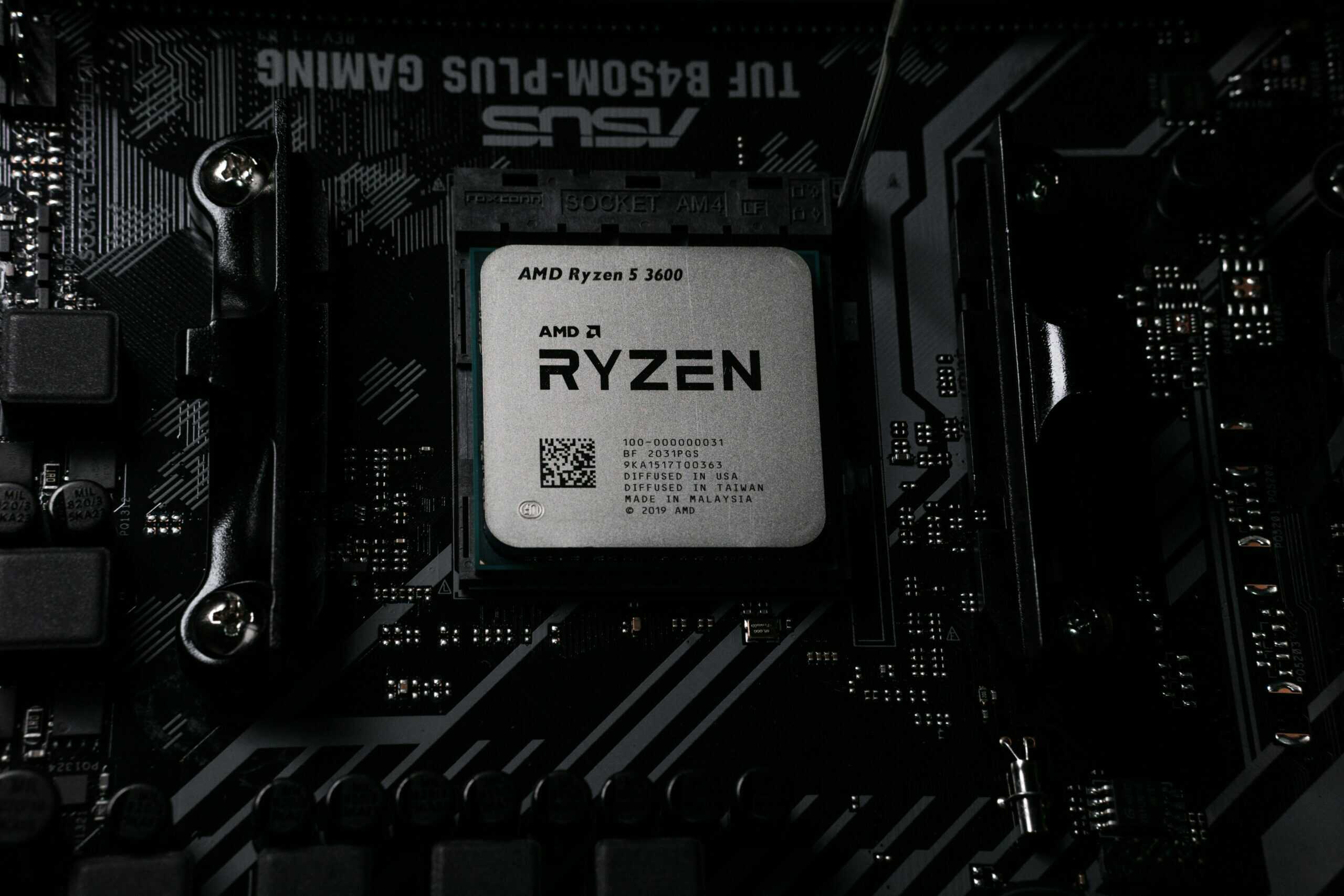
Photo by Luis Gonzalez on Unsplash
China Bans Intel and AMD Chips in Government Computers
March 25, 2024
China has recently unveiled new guidelines aimed at removing Intel and AMD microprocessors from government computers and servers, as reported by the Financial Times. The move is part of China’s broader strategy to reduce reliance on foreign technology and promote domestic alternatives.
According to the report, Chinese government agencies above the township level are now required to prioritize the use of “safe and reliable” processors and operating systems made in China when making procurement decisions. This initiative extends to banning Microsoft’s Windows operating system and foreign-made database software in favor of homegrown options.
Late last year, China’s industry ministry released lists of CPUs, operating systems, and centralized databases deemed “safe and reliable” for government use, all of which were Chinese companies, Reuters found.
This decision comes amidst escalating tensions between the U.S. and China over technological dominance. It coincides with the U.S. government’s substantial financial support to bolster domestic chip production under the CHIPS and Science Act. Intel, a major recipient of these incentives, plans to utilize the funding to construct new factories, modernize existing facilities, and expand research and development efforts in various states across the U.S.
The move by China underscores the country’s determination to strengthen its semiconductor industry and reduce dependence on foreign technology suppliers. While Intel and Microsoft have refrained from commenting on China’s ban, AMD has not yet responded to requests for comment.
As global tech competition intensifies, China’s decision to prioritize domestic alternatives over established international brands like Intel and AMD could have significant implications for the semiconductor industry and broader geopolitical dynamics.
Recent News
Saudi Aramco Launches $12 Billion Secondary Share Sale
Saudi Aramco, the world’s largest oil company by daily crude production and market capitalization, launched a substantial secondary public offering on Sunday, aiming to raise around $12 billion. This move comes as part of the Saudi Aramco’s strategy to generate additional funds, following its record-breaking initial public offering in 2019, which raised $29.4 billion by selling 1.5% of the company.
Nvidia Unveils Cutting-Edge AI Chips to Assert Market Dominance
Nvidia has once again made headlines with the announcement of its next generation of artificial intelligence processors. At the Computex conference in Taipei, CEO Jensen Huang unveiled the “Rubin” processors, a successor to the “Blackwell” chips for data centers that were announced in March. This surprise reveal comes even before the Blackwell chips have begun shipping to customers, signaling Nvidia’s aggressive strategy to dominate the AI processor market.
Rubio’s Coastal Grill Shutters 13 San Diego Locations
Rubio’s Coastal Grill has announced the closure of 13 locations in San Diego by the end of Friday. The closures are part of a broader strategy to address the rising operational costs in California.
Boeing’s First Astronaut Flight Postponed Due to Last-Minute Computer Glitch
In a turn of events, Boeing’s highly anticipated first astronaut flight was called off at the last minute due to a computer glitch. This setback adds to a series of delays that have plagued the program over the years. The launch, which was scheduled to take place at Cape Canaveral Space Force Station, was intended to send NASA astronauts Butch Wilmore and Suni Williams to space aboard Boeing’s Starliner capsule.
